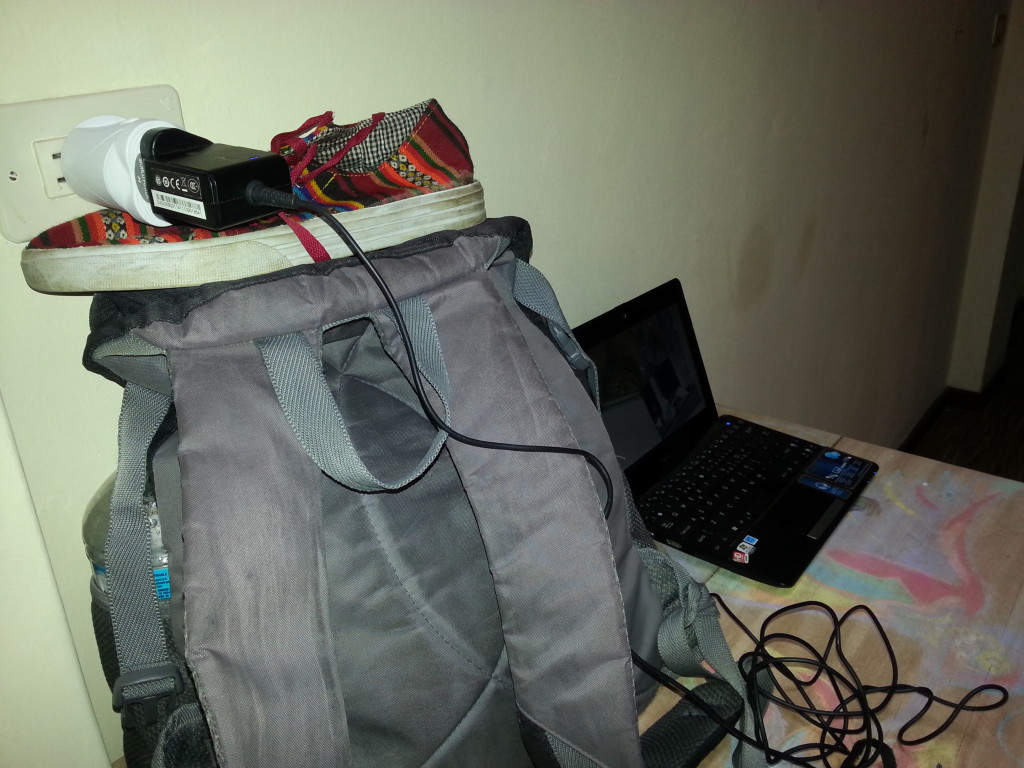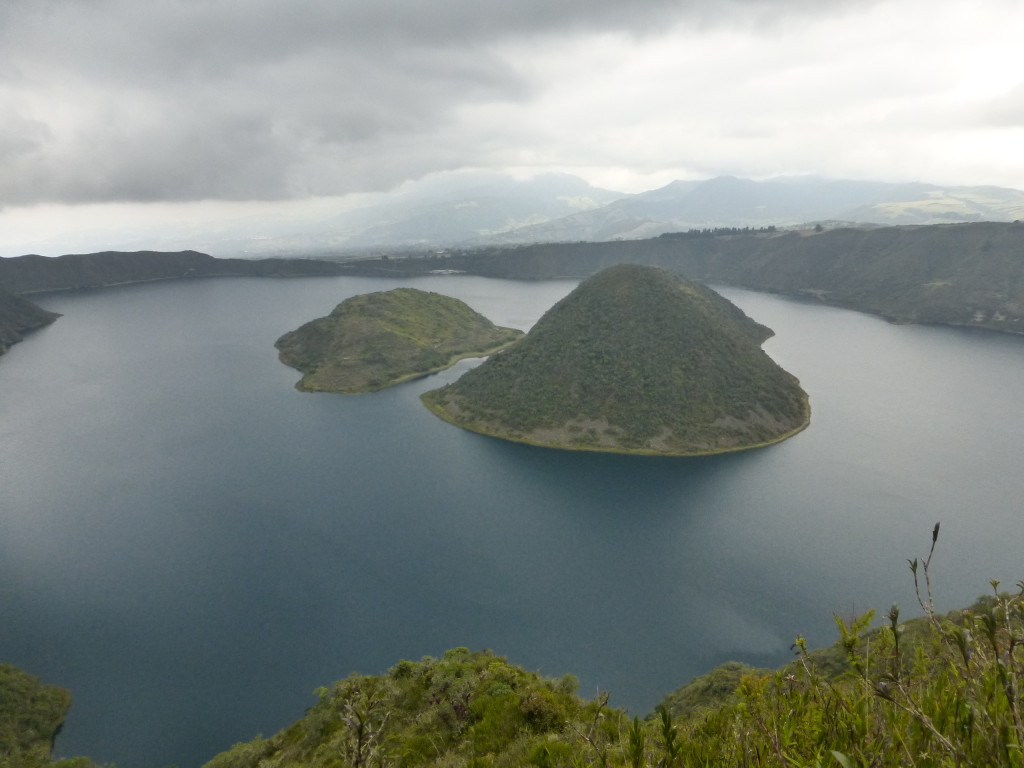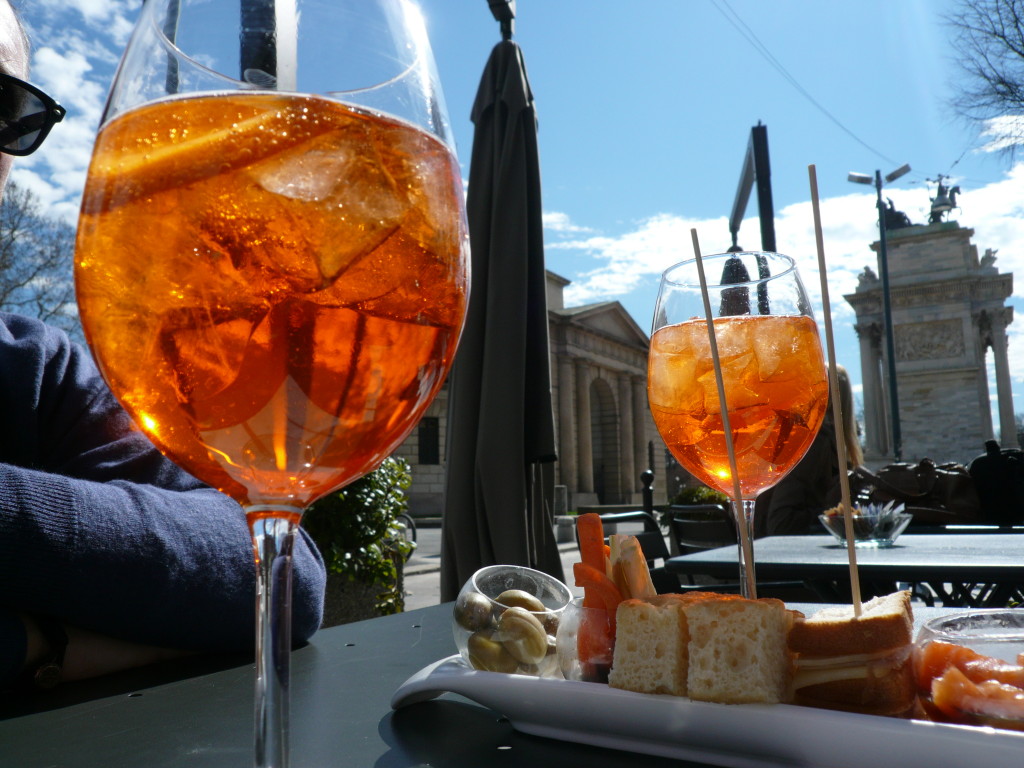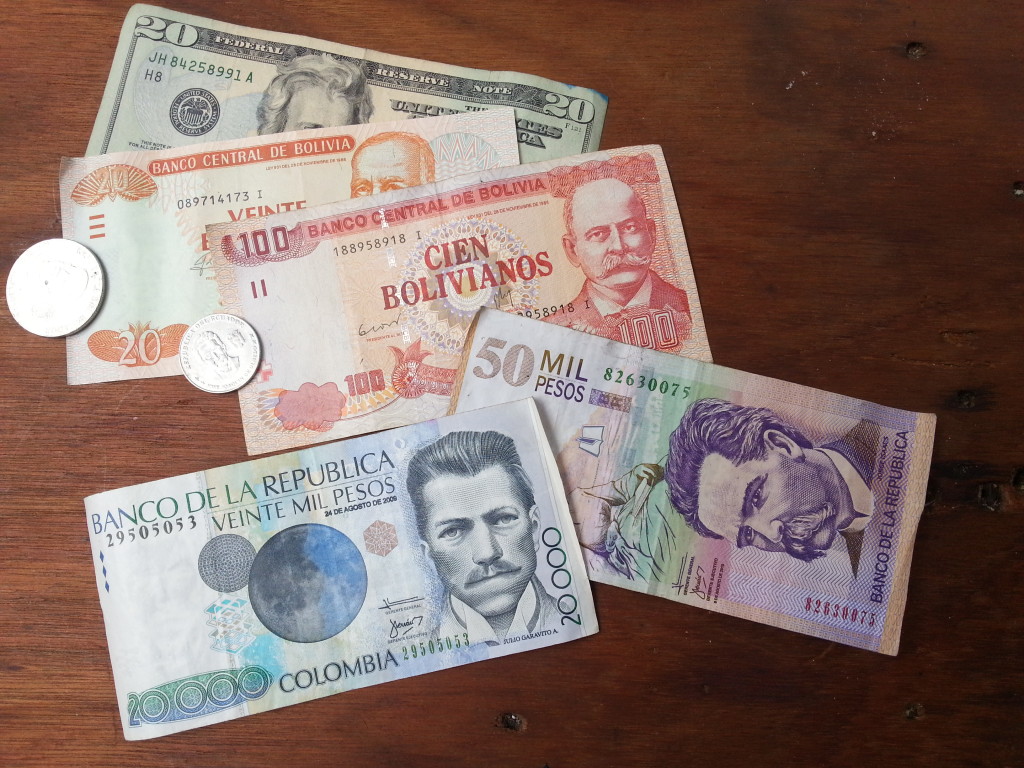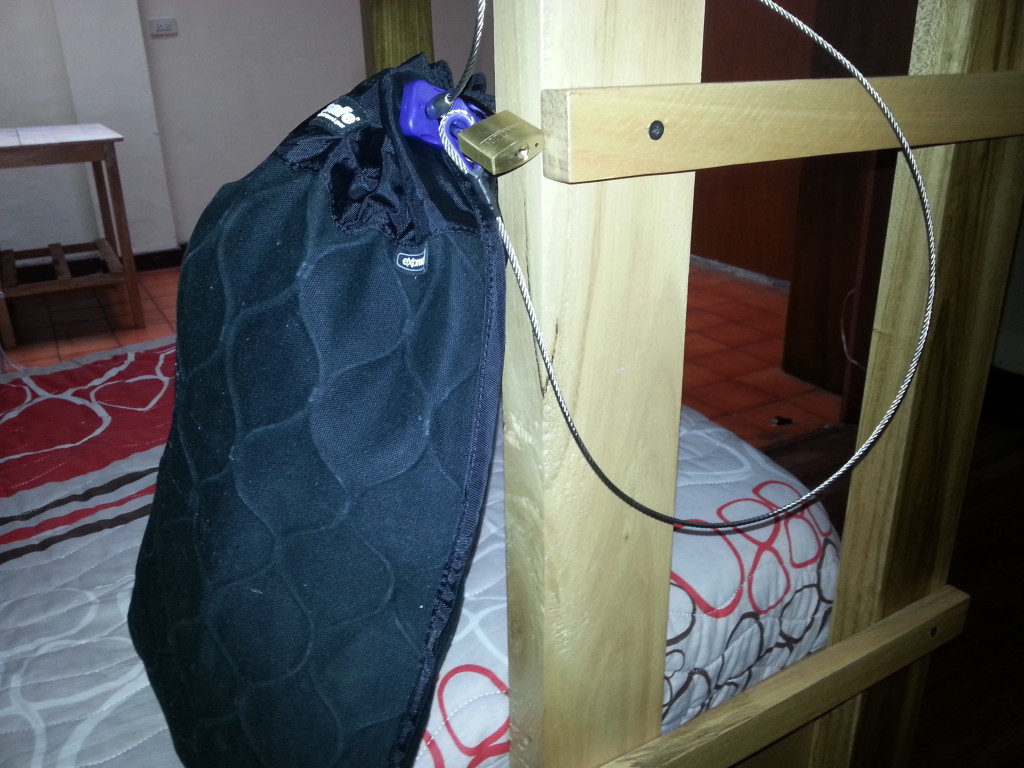I could devote a whole book to travel tips (now there’s an idea) but here are just five things for you to think about, but even if you are not travelling, these tips could save you a lot of stress and hassle
6. You will need a travel adaptor
Many plug sockets around the world are different and you will need an adaptor to enable you to charge your camera and phone etc. I assumed that everybody knew that plugs were different but the number of people who look at my adaptor and wonder at it proves otherwise.
I paid extra for an adaptor which converts every type of plug to every other type of plug which is great for travelling across different countries. I would advise shopping around for the smallest one that you can find as often sockets are located behind furniture and there may not be enough room to plug in a large adaptor – either that or the weight of the adaptor can cause it to fall out of the socket. I very often have to build a tower of my rucksac, backack and shoes to prop up my (too large) adaptor when I want to charge something. I also have an adaptor which converts my USB to fit into the universal adaptor – although you can buy these all-in-one now.
5. Toilet Paper is Currency
ALWAYS carry toilet paper. I could write an entire blog post on the types of toilets that you might encounter but for now, believe me, you should always carry some paper. In some countries the paper truly is currency – go to Cuba and you will find that the people on the street don’t ask for money but they ask for far more valuable items such as shampoo, soap and toilet paper. In many public toilets you have to pay for entry, but they hike the price up if you also want to purchase some paper at the entry. Just get into the habit of always stuffing some into your pocket each day.
4. No corkscrew?
I have my mate George to thank for actually demonstrating that this one works. Have you ever got back to your hostel with a bottle of wine and found that the corkscrew has gone missing? Well, don’t panic. I know that this trick works.
First remove the foil from the top of the bottle and stand the bottle upright in a shoe (a trainer type shoe is the best). Keeping the bottle in the heel and holding both the bottle and the shoe firmly (one hand on each) but retaining the bottle in the shoe, pick the shoe (and the bottle) up and place the shoe against a wall. The bottle will now be at right angles to the wall, with its bottom in the heel of the shoe. Yes – it is tricky I know, but it does work. Now bang the shoe several times against the wall, but DON’T LET GO of either the shoe or the bottle.
Provided that you dont drop the bottle, the cork will begin to ease out. Just make sure that the final ‘bang’ is not so hard that you lose some of the precious wine and voila – enjoy!
3. Safeguard your cash
Use a purse or a wallet which has several pockets and compartments. Get into the habit of placing different denominations of notes in their own pockets. This removes the need to pull out a wad of unfamiliar cash in a shop or in the street which can draw unwanted attention to yourself. You can simply pull out the appropriate amount- also useful in dimly lit taxis at night.
Don’t keep all of your cash in this purse either. Always have some small denomination notes or coins in a pocket or a sock for the quick purchase on the street, and keep one larger note, (just in case your purse is snatched) in your shoe or your bra if you wear one. I can personaly vouch for the stress-reducing factor of this tip. My purse was lifted from my rucksac at the Colombian/Ecuadorian border but luckily I had enough cash hidden about me to get the onward bus.
2. Splurge on a PacSafe. They are not cheap, but I am so glad that I bought one. They come in various sizes. Mine is a bit bigger than a hot water bottle and it is made of some super strong material which has a steel mesh incorporated into it. It is big enough for my little netbook, my purse. my box of treasures and other bits and bobs. The whole thing is secured by a steel cable and a padlock which you attach to something in your room – the ladder of a bunk bed is good, or even the pipework behind the basin in the bathroom.
If lockers are available in my hostel or hotel I do use those but if not, the peace of mind that the Pacsafe gives me is worth its weight in gold. I have to admit to using it even on the odd occasion when I have a private room. It is far better to be over cautious than to lose your passport or smart phone
I also carry my own high tensile steel cable with loops at each end and a spare padlock and keys. Lockers are not usually supplied with padlocks and on a couple of occasions when travelling with friends we have secured everything with my cable
1. My top tip – and I have witnessed this one working on several occasions is how to save your mobile phone if it gets wet.
Immediately remove the back, shake hard and dry off the battery and the Sim card. As soon as possible bury the phone and the battery into a bag or a box of rice. Leave it for at least 48 hours. You may need to leave it for up to 5 days in the rice but have faith – it will usually work.
I have seen phones come back to life after being immersed at the bottom of swimming pools and dropped down toilets. They can be expensive bits of kits and a valuable lifeline if you are travelling. They double up as cameras, you can send and receive your emails and access the internet. You do not want to lose your phone

